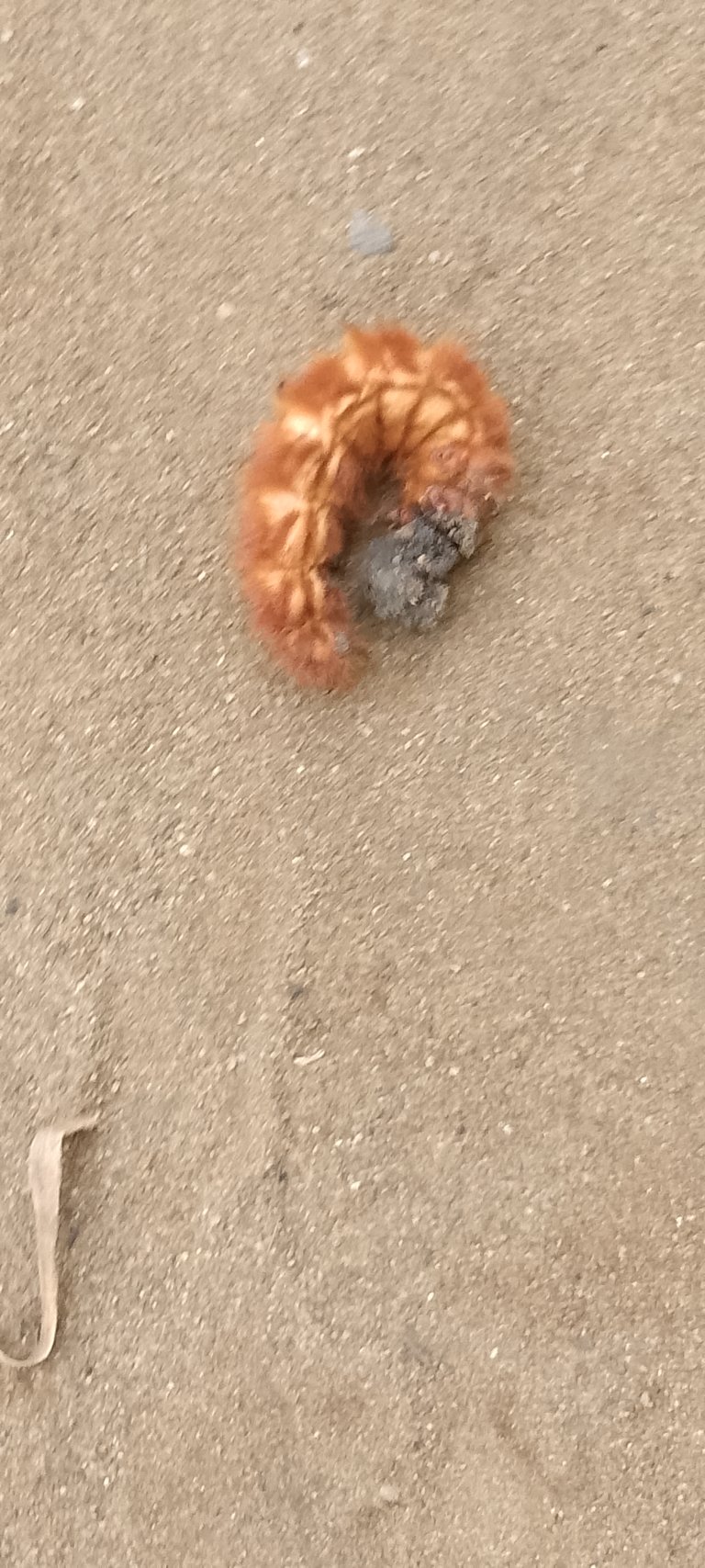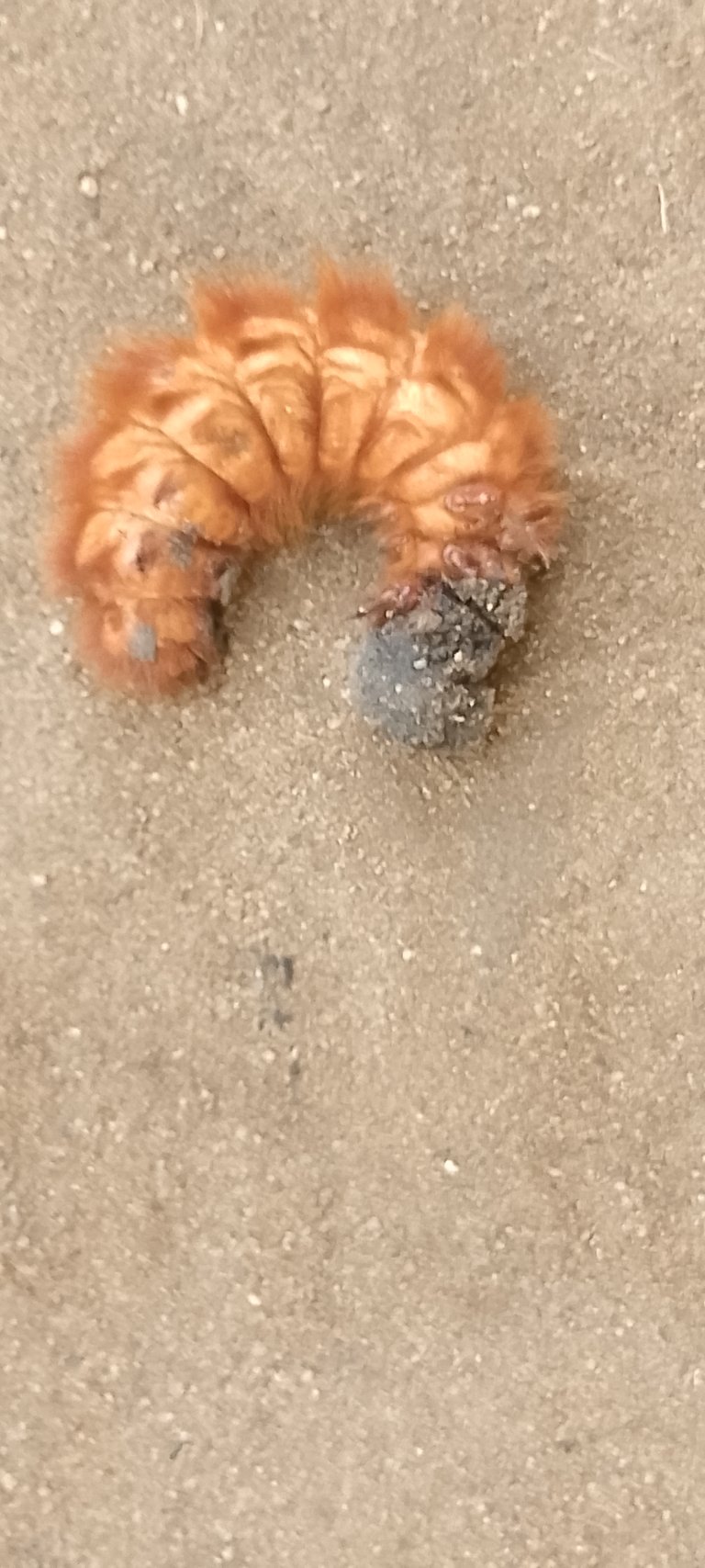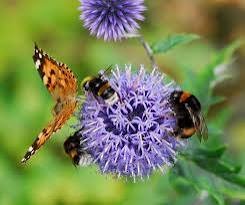Hello, hive users! Welcome to another week of #mayinleo. Today, I will be sharing with you the impact of urbanization on pollinator insects. To begin with, urbanization is the process of transforming rural areas into urban areas with increased human habitation, infrastructures, and other significant structures that have brought development to our society.
In the real sense, there has been a great impact of urbanization especially in my area, where I come from. Modernization has taken place and there are tangible results. In the course of urbanization, there haven't been populated insects as it was in the rural state. I have observed that pollinator insects are not as rampant as they used to be. Pollinators such as beetles, bees, butterflies, and other insects play pivotal roles in maintaining the production of crops.
 Image by me
Image by me
Insects are the major pollinators of most plants, and insect pollinators include all families of bees. Due to my research about butterfly insects, I have realized that caterpillar insects are just like their parent's butterflies which are classified into the family of butterflies as insect pollinators. Caterpillar insects tend to have severe allergic reactions on the body of humans, they itch or sting badly on the skin. They are fed by native grasses or any leaves.
 Caterpillar, Image by me
Caterpillar, Image by me
I discovered that bees are major pollinators of plants and they are adapted to pollination. Bees travel from flower to flower, collecting nectar and pollen grains as their meal for life. Recently, while on the farm to weed and do other farming work, like searching for fodder for goats. I came across this creature, a "caterpillar" crawling from leave to leave towards where I was standing. I felt threatened because it was large and later returned to where I stood. I couldn't let it go like that. I removed my matchet and killed it.
Let's see how urbanization affects pollinator insects
Habitat loss
Urbanization often leads to a reduction of natural habitats such as wetlands, forests, and meadows, which were a source of revival for the pollinators. Then, the fragmented habitats are kept which makes it difficult for the pollinators to feed.
Unavailability of floral resources
Urban society tends to have less diverse floral plants for pollinators feed and it may not have enough nectar for local pollinators. I recall the day, my village head summoned all the villagers to declare a day for plant and tree destruction, for the NEPA poles connection for the distribution of electricity. All the big trees were cut down and all the insects, animals, and bees that used to feed on those trees were stripped off for societal development. All the animals were nowhere to be found.
Temperature changes
The temperature changes can affect the cycle of pollinators and cause a whole damage to the system.
Benefits of pollinator insects
We have a lot of benefits from having pollinator insects, especially bees on our farmland which play crucial roles in crop production. We have some insects that are harmful to our crop production and harmful to humans, especially caterpillars, and some you can play with like butterflies.
Agricultural production
Crop pollination by bees is essential for crop growth and germination transferring pollen from one flower to another and facilitating fruit and seed production on our farmland.
Biodiversity
Pollinators contribute to the biodiversity of crop reproduction of flowering plants, which support a wide range of other organisms from herbivores to predators adding balance to crop production and enlarging pollinators.
Stable food supply
The pollination of crops ensures large quantities of food for security and availability. The benefits of pollination on crop production are high benefits to crops and for humans.
Overall, the impact of urbanization on pollinator insects has affected the nest-building of its young. At times, there would be no tree for perching and for hatching eggs. So this will become difficult to have plenty of pollinators and insects. I said earlier that there are some insects and pests that I have not seen on the farmlands again due to infrastructure and urbanization.
Thank you for reading through my blog.
This post is in response to the #mayinleo prompt.Bees, pollinators, insects, nature.
I love, I care, and I forgive
I remain @peckypeace
Posted Using InLeo Alpha

Once these guys are gone, humanity won't last very long either. We should take care of them.
Yeah, they have contributed a lot to our farm crops.
If I have a farm someday, I'll make sure to give these heroes a safe place to flourish.
Awwn, I like this statement.
urbanization has caused a real damage to the insect population especially our key players. Thank Goodness we have come to realize this and it’s time we create a friendly coexistence with nature and these insects that are beneficial to us.
They are very beneficial to us. I didn't know until this topic came and I researched it. Thank you for reading through.
@tipu curate
Upvoted 👌 (Mana: 5/35) Liquid rewards.
Thank you.